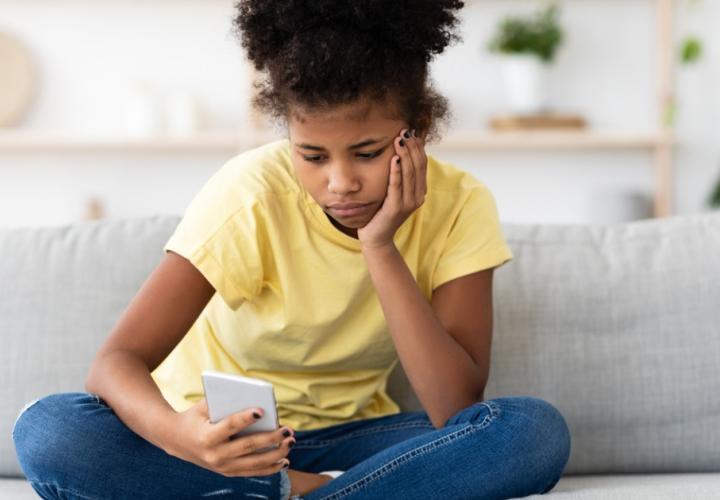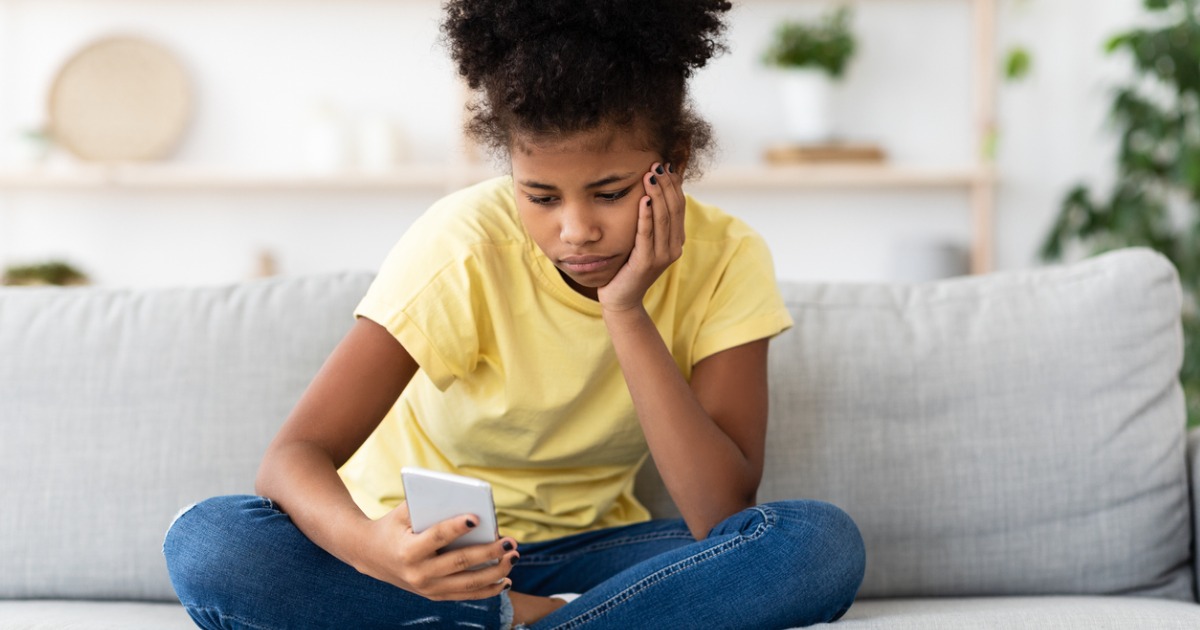What are the negative effects of social media on children and teens?
Think about screen time—we hear all the time about the benefits to limiting children’s time in front of the TV, computer, tablet or phone. There’s a reason for it: anyone using the screen or any digital device frequently—and that includes social media—can put themselves at increased risk of obesity, irregular sleep, depression and anxiety, and lack of physical activity.
What are some benefits of social media?
Social media has a positive side, too. It can help with:
- Building relationships: friendships are a major part of teen life. Social media can help new friendships blossom or maintain current friendships. It’s all about having a sense of community, which can easily happen through social media.
- Sharing knowledge: Everyone uses social media to share information about what’s happening in the world. Always ask your child their source if they bring up with you something they’ve discovered, though.
- Learning new things: Dances that that go viral? Art and craft ideas? Gathering information or resources if they or a friend needs help? Check, check and check! Social media can be great for all these things.
- Practicing creativity: Many of us look to social media for personal expression. When used with the appropriate privacy settings in place, it’s a great creative outlet to showcase talents and explore interests.
The key message? Everything in moderation!
When should I be concerned about my teen’s social media use?
If you’re unsure whether or not your teen may be overusing social media, look out for these behaviors:
- Compare & Despair: Is your child or teen comparing themselves negatively in relation to seeing the fun activities of others? Are they upset by not getting as many “likes” as others?
- Fear of Missing Out (FOMO): The photos from the birthday party they weren’t invited to or the group of friends hanging out after class can stir up feelings of loneliness. Seeing what friends are doing online can easily make a child or teen feel excluded.
Cyberbullying: Children or teens may use social media to post untrue information, photos or negative comments to hurt a peer’s feelings. - Technology Overload: With so many social media applications available, children and teens may feel the need to constantly be checking or posting interesting updates to their social pages.
- Avoidance: Is your child or teen using social media as an escape…from homework? Negative emotions? Personal issues? Avoiding these issues through excessive use of social media can make those issues worse.
- Limited In-Person Interactions: Utilizing social media in place of face-to-face interactions can make having those face-to-face interactions all the more difficult. Is your child or teen using social media as a crutch or replacement?
- Stress Caused by News: Negative news updates and attachment to what’s happening in the world can provoke stress or anxiety.
>Related: Keep Your Child Safe from Cyberbullying

